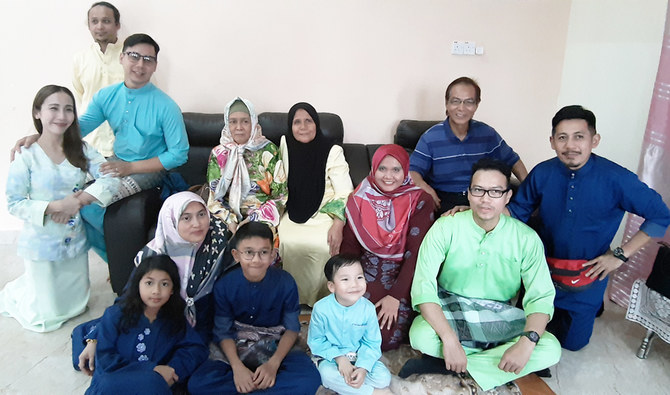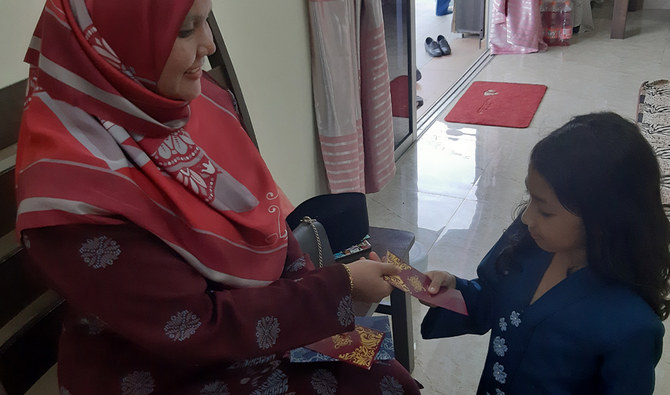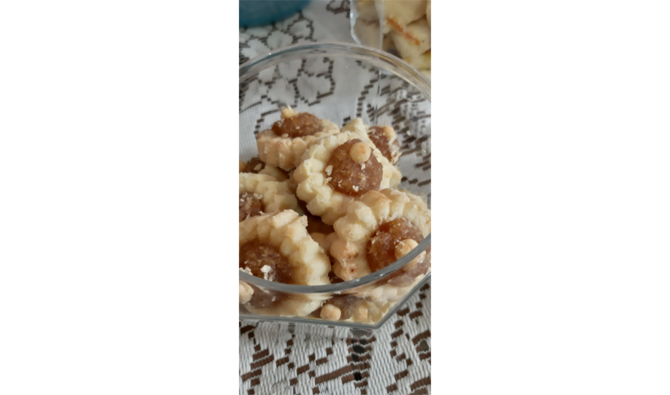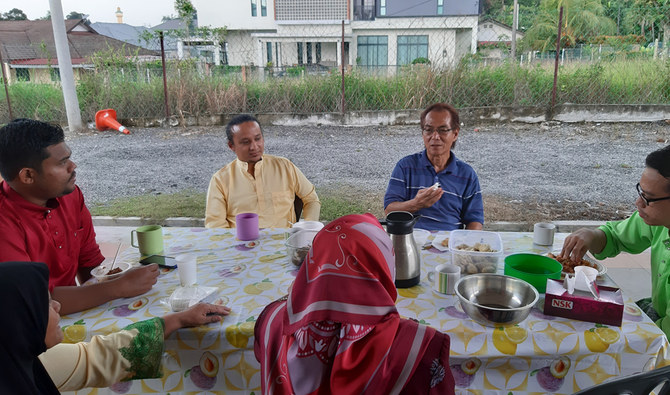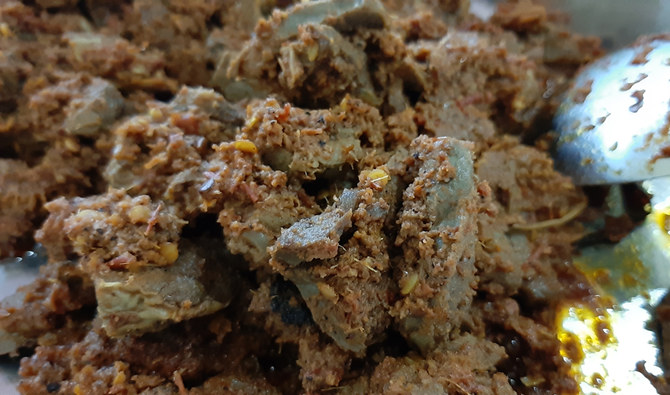KUALA LUMPUR: In Malaysia, Eid is not only a time for close friends and family. It is a time when people throw open their doors and invite others to join the festivities.
The country’s Open House tradition has been around for decades - although its origin is unknown - and takes place during the country’s major festivals including Eid Al-Fitr, Eid Al-Adha, Christmas, Diwali and Chinese New Year.
Prime Minister Mahatir Mohamad and his Cabinet hosted an Open House on Wednesday, while King Sultan Abdullah Sultan Ahmad Shah is hosting one at his palace on Thursday in his home state of Pahang.
While these events attracts thousands of people, and can involve public transport arrangements and catering trucks, there are also smaller-scale offerings of hospitality.
“The food is the main attraction,” Siti Khadijah Kamaruddin, a 34-year-old working mother, told Arab News. “It is the only time where we would have a feast of lontong (cubed rice with vegetarian coconut curry), rendang (spicy stewed meat), satay and kuah kacang (skewed meat with spicy peanut sauce). Sometimes we even have a barbecued whole lamb.”
She said it was a family tradition to have an Open House on the first day of Eid, when relatives, friends and neighbors were invited to enjoy a glorious feast. “During Open House we simply open our gates to others so they can come and visit us. It is an enjoyable time for me as I am usually busy with kids and work, so have little time with friends and family. It helps me to cherish the good moments with them!”
Malaysia is one of the most multicultural nations in the region. It is home to Malays, Chinese, Indians, Kadazans, Ibans and people from other ethnic minorities. It is normal for visitors and residents to be exposed to different cultures, languages, traditions, religions and cuisines.
Adrian Pereira, 38, is a Christian who works in the non-profit sector.
“I like the Open House tradition because it brings everyone together,” he told Arab News. “Growing up in a small town in Kota Tinggi, we always frequented our neighbor’s house during Hari Raya (Eid). We built strong bonds and friendships during that time. Of course, I still remember ketupat, rendang, satay, which are my favourite dishes! Although some of these foods are available throughout the year, it has a special and magical taste during Hari Raya.”
Imran, an Arab-Palestinian based in Kuala Lumpur, said he enjoyed the tradition of sharing food and happiness with others.
“The kuih raya (Malay cookies) in Malaysia are so tasty, especially the kuih nenas (pineapple cookies). Also sometimes they have durian fruit, which is a must-try!” he told Arab News. “One of the most beautiful things is everyone gets something during Hari Raya. Children get duit raya (green money packets), older people enjoy the festive cuisine and delicacies. Houses are open for people to visit each other.”
He said Eid was special to every Malaysian because it resonated with the idea of forgiveness.
“People remember their family members, they practice silaturrahim (strengthening ties), they forgive each other, this is beautiful.”
He also said the Open House tradition was a great leveler as it was something everyone could participate in.


